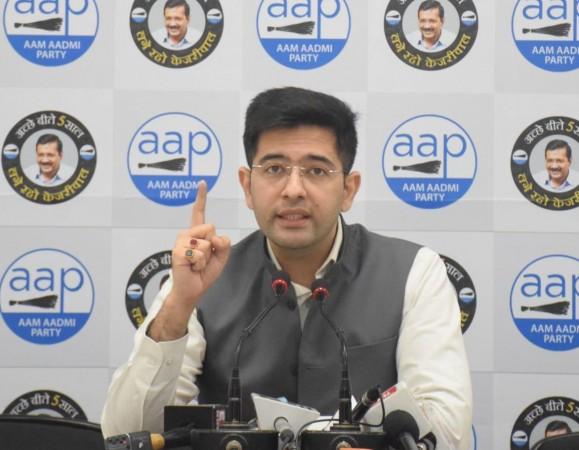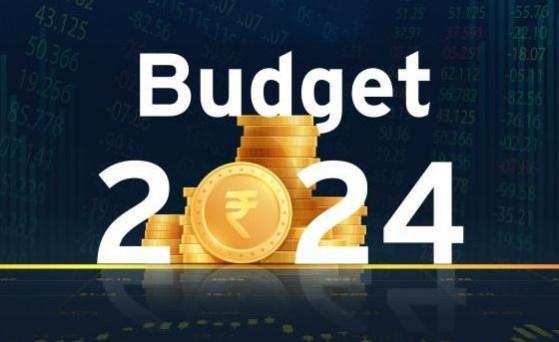
Rajya Sabha MP Raghav Chadha on Thursday voiced strong criticism of the Union Budget 2024, presented by the NDA government in its third-consecutive term, and said, "India is paying taxes like England and receiving services like Somalia."
During the general discussion on the Union Budget in the Rajya Sabha, he described the budget as disappointing, claiming it "failed to satisfy any section of society, including BJP supporters and voters."
Chadha remarked, "Usually when a Union Budget is presented, some sections of society are happy while others are not. However, this time, the government has managed to displease everyone. Even BJP supporters are unhappy."
Highlighting the burden of taxation, the AAP leader stated, "In the last 10 years, the government has been taking around 70-80 per cent of the public's income through taxes such as Income Tax, GST, and Capital Gains Tax. What does the public get in return?"

He went on to question the quality of services provided by the government, saying, "We pay taxes like in England but receive services like in Somalia. What kind of world-class healthcare, transportation, and education is the government providing us?"
Commenting on the BJP's performance in the recent Lok Sabha elections, the Rajya Sabha MP noted, "In 2019, the BJP government had 303 seats, but the people of the country imposed a GST of 18 per cent on those seats, bringing them down to 240."
He attributed the BJP's reduced seat count to economic issues, stating, "The primary reasons for this decline are economy, economy, and economy."
Chadha pointed out that rural income growth is at a "decadal low" and that real rural wages have been "consistently declining" over the past 25 months. He also cited concerns about food inflation, unemployment, and per capita income.
Citing food inflation, unemployment and per capita income, among many others, as the reasons for the low number of seats, he sarcastically remarked that if these trends continue, the BJP could see an even more significant decline in seats, potentially falling to 120 seats in future elections.
(With inputs from IANS)














